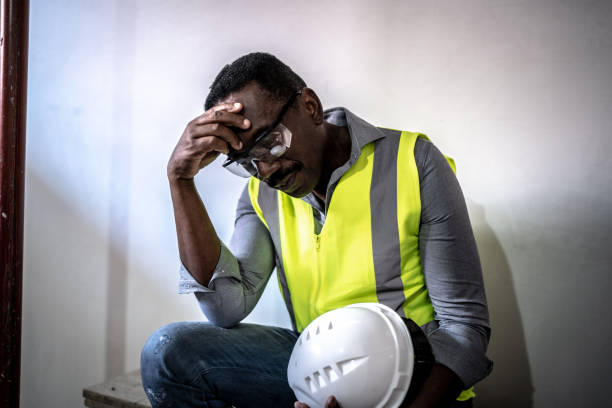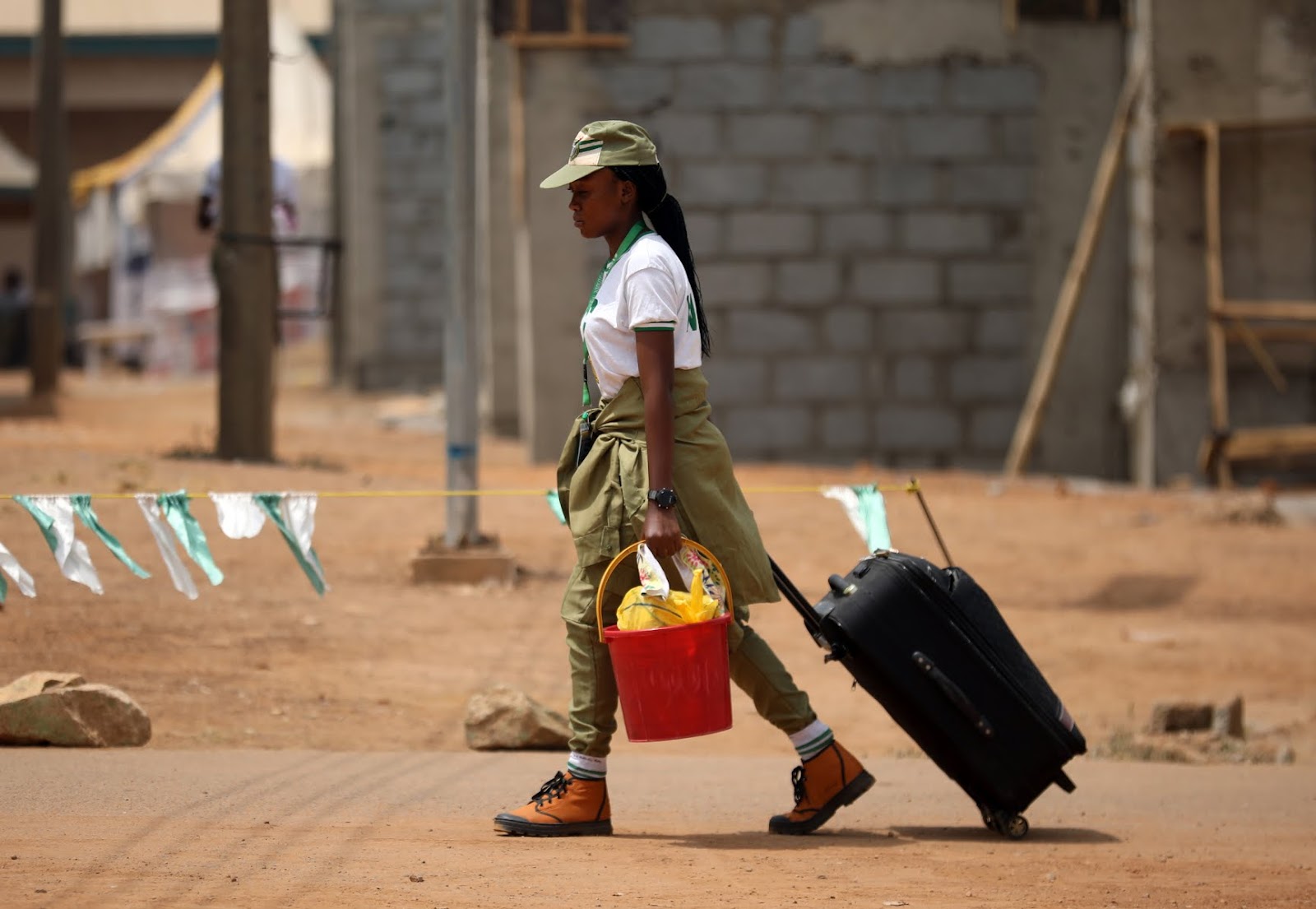- by Williams O.
- Jun 29, 2025
Powerless Progress: A Factory Owner’s Struggle in Abuja’s Energy Crisis

- By Williams O.
- • Thu, Jul 03 2025
- • in Real People

For Yusuf Dangana (name withheld), a 42-year-old father of four and owner of a modest plastic packaging factory in Dei-Dei, manufacturing used to be hard — but manageable. Today, it feels almost impossible.
I didn’t think running a small factory would feel like a fight for survival every single day
Yusuf Dangana
“I used to rely on NEPA for at least 10 hours of light every day. Now, if I get 2 hours, it's a miracle,” he says, wiping sweat from his forehead as the heat from a diesel generator rumbles in the background. “The generator alone gulps over ₦80,000 worth of diesel every three days. How am I supposed to survive?”
Yusuf employs 12 people — or used to. He had to let 5 of them go last month when fuel prices spiked again. “It was the hardest decision I’ve made. These are men with families, just like me. But I couldn’t afford to keep everyone with the way costs have shot up.”
His machines — used to mold and seal plastic containers for food vendors and pharmacies — run best with steady power. But with erratic electricity and unaffordable diesel, downtime has become the new normal.
“It’s not just about business. It’s about dignity. I started this factory from scratch in 2015. Now I feel like I’m watching it die in slow motion,” Yusuf adds, his voice barely audible.
He’s not alone. Across Abuja — from the carpentry workshops in Gwagwalada to the printing presses in Nyanya — small and medium manufacturers are choking under the pressure of unreliable electricity and skyrocketing fuel prices. Some have resorted to reducing production days. Others have closed shop entirely.
“Clients are complaining about our prices going up. But what do they want me to do?” Yusuf asks. “When diesel was ₦300 per litre, I could still breathe. Now it’s over ₦1,200 in some places.”
The knock-on effect is everywhere — rising product costs, fewer jobs, and a growing sense of hopelessness among those trying to build something of their own.
Still, Yusuf clings to hope.
“I believe in this country. I believe in what I built. But we need help. Real help. We need policies that support local manufacturers — maybe solar subsidies, cooperative fuel access, something. Because if we go down, a lot of families go down with us.”
I didn’t think running a small factory would feel like a fight for survival every single day
Yusuf Dangana



